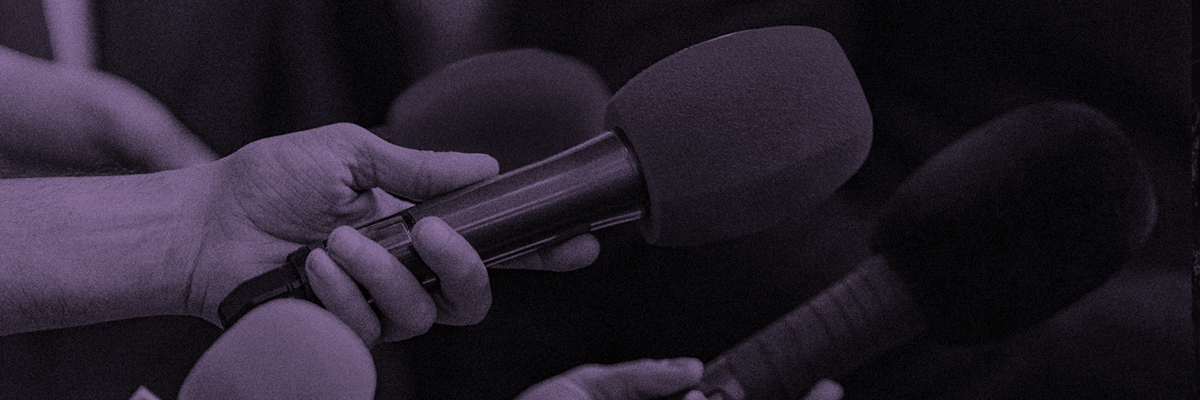Electrical safety for students
Most student rental properties are well maintained by responsible landlords but confusion about landlords’ legal obligations, coupled with a lack of safety savvy amongst young people living away from home for the first time, could be putting students at risk, says the Electrical Safety Council (ESC).
In a recent survey of over 500 students, the ESC found that a quarter reported potentially dangerous problems with the electrical installation (i.e. wiring, sockets, fusebox and switches) or electric appliances supplied by the landlord. Problems ranged from signs of overheating to exposed live parts, which could lead to electric fires and electric shock.
Typical comments included:
• “In our living room the plug socket is hanging off the wall and is connected by frayed wires.”
• “We’ve had numerous electrical problems, including a smoking fusebox …and lightbulbs that fuse the entire house when they blow.”
• “The machines are old and in disrepair.”
Only 37 per cent of those surveyed said that there was a Periodic Inspection Report confirming the safety of electrical installation and one in five (20 per cent) said that the electrical appliances supplied by their landlord had been ‘PAT-tested’. For rented accommodation, the ESC recommends that periodic inspection and testing is carried out at least every five years or on change of tenancy.
The majority of deaths caused by electric shock in the home arise from faulty plugs, leads and appliances. Many of these problems can, however, be easily avoided by landlords taking simple steps and making regular safety checks. Electrical appliances should have the CE marking (the manufacturer’s claim that it meets the requirements of European Law) and be supplied to tenants in good working order, with the manufacturer’s instructions. Unless appliances are new and previously unused, the ESC advises landlords to ensure that portable appliance testing is carried out on a regular basis.
“It is vital that landlords and students understand their obligations and legal rights when it comes to the safety of their accommodation,” comments Phil Buckle, director general of the Electrical Safety Council. “Some landlords may be unaware that they are legally required to ensure the electrical installation in the property is safe when a tenancy begins and is maintained in a safe condition through the tenancy. The landlord is also required to take reasonable steps to ensure that appliances provided as part of the tenancy agreement are safe. Failure to do so can put tenants in danger and can result in prosecution.”
Electrical problems are responsible for around 8,000 reported fires in homes in the UK1. 9 out of 10 students reported having a smoke alarm in their property though only three quarters of those surveyed had one on every floor. Of those who had a smoke alarm in the property, only 37 per cent said that someone in the household tested it regularly.
Phil Buckle adds, “As part of the Electrical Safety Council’s campaign for safer rented homes we’re also targeting students with information to help them spot potential danger signs and know what to look out for when considering rental accommodation, in order to keep themselves safe.”
To help landlords understand their responsibilities for electrical safety in their properties and provide advice as to actions they should take to ensure the safety of their tenants the ESC has produced the Landlord’s Guide to Electrical Safety, which is free to download from the business and community section of the charity’s website.
For more information please contact media@electricalsafetyfirst.org.uk
